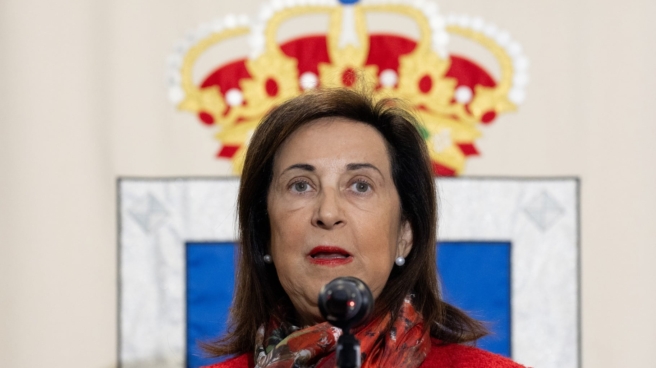

Defense Minister Margarita Robles.
The decision to purchase 10% of Telefonica’s shares through SEPI represents the most significant business transaction that the government Pedro Sanchez. This would require an allocation of around 2 billion euros, which would require transferring an equivalent amount of money through the general budgets of the state or increasing the debt of a public holding company dependent on the Ministry of Finance, which already has liabilities exceeding the amount of debt. 3 billion euros.
The purchase of Telefonica began 25 years ago, when the state finally withdrew from the company’s capital. This process began in the mid-80s of the socialist Luis Solana and then concluded Juan Villalongaalready under the government Jose Maria Aznar.
The purchase was prompted by the entry into Telefonica of the Saudi company STC, which already owns 4.9% of the capital and has not yet completed the acquisition of another 5%, which would make the Arab consortium the main shareholder of the company. company.
On September 5, STC informed the CNMV about the purchase of this stake and its intention to achieve almost 10%. President of Telefonica, Jose Maria Alvarez Pallete This was not previously reported, despite the fact that there were agreements between both companies, which was regarded as an unfriendly gesture.
The alarm went off in the government. It was the Minister of Defense who was the first to become wary, since she knows firsthand about the strategic importance of Telefonica, on which the security of the state’s most confidential communications, including CNI communications, depends.
Margaret Robles He spoke to the government president and warned him of the danger that Telefonica could pose if its first shareholder was a Saudi public company. The government’s response was initially confusing. In fact, Minister of Economy Nadia Calvinostressed the importance of a foreign group considering investing in a Spanish company.
GEPI will need a transfer of funds through budgets, since its debt is more than $3 billion. On the other hand, the purchase strengthens the position of Alvarez Pallete.
However, Robles’s talking points gained momentum as his arguments were supported by senior Telefonica managers, defense commanders and intelligence executives. In fact, according to reliable sources, Sanchez decided to stop the Saudis back in September by buying out the stake from a public holding company.
The government initially tried to persuade the Saudis to agree to 4.9% and not increase their participation to 10%. There were also objections to the STC’s desire to have one or two advisors.
For this reason, it became known a month ago that the government wants SEPI to buy up to 5% of Telefónica. Thanks to this stake and the participation of other Spanish shareholders (CaixaBank and BBVA, whose combined share is 8.3%), control of the telecommunications company was guaranteed. However, UTS intends to expand its participation, for which it needs permission from the Council of Ministers.
STC’s refusal to become a minority and silent shareholder is what prompted the government to raise the stake and increase SEPI’s share in the capital to 10%. It is thus a triumph for Robles’ thesis and at the same time a strengthening of the position of the company’s president, who has been questioned by some minority shareholders.
Source: El Independiente